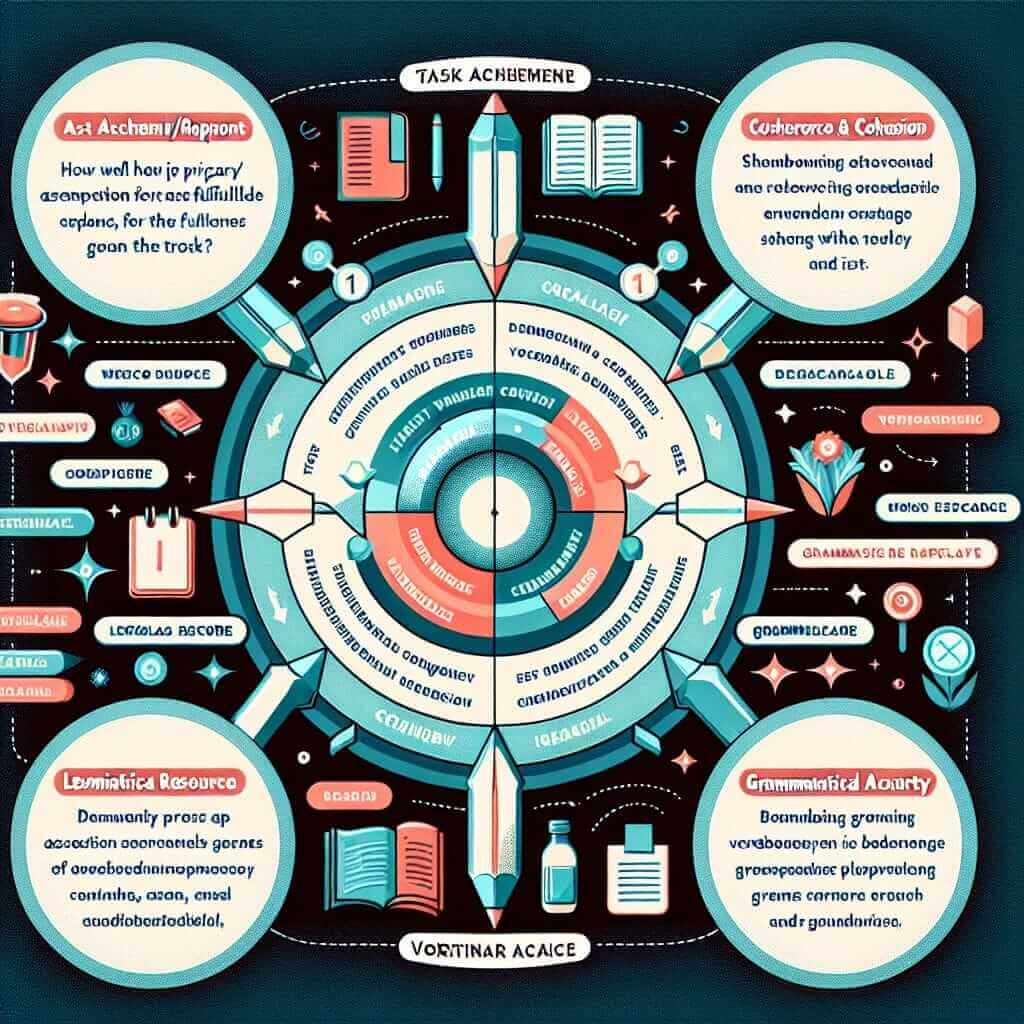As an IELTS instructor with over 20 years of experience, I’ve encountered thousands of students preparing for this life-changing exam. Time and time again, the same concern arises: IELTS Writing. Many find it to be the most challenging section. But why is that? And more importantly, how can you overcome these hurdles to achieve your desired band score?
Nội dung bài viết
- Understanding the Challenges of IELTS Writing
- 1. Time Pressure:
- 2. Meeting Specific Criteria:
- 3. Lack of Ideas or Vocabulary:
- Overcoming the IELTS Writing Hurdles
- 1. Practice Makes Perfect:
- 2. Analyze Sample Answers:
- 3. Expand Your Vocabulary:
- 4. Master Grammar:
- 5. Understand the Rubric:
- Example: Analyzing an IELTS Task 2 Question
- Top Tips for IELTS Writing Success
- Conclusion
Understanding the Challenges of IELTS Writing
Several factors contribute to the difficulty of the IELTS Writing test:
1. Time Pressure:
You’re expected to produce two well-organized, grammatically accurate pieces within a 60-minute timeframe. This requires efficient time management and the ability to think and write under pressure.
2. Meeting Specific Criteria:
IELTS Writing isn’t just about writing well; it’s about writing effectively within a specific framework. You’ll be assessed on four key criteria:
- Task Achievement/Response: Addressing all aspects of the task and presenting a clear and relevant position.
- Coherence and Cohesion: Organizing your ideas logically, using linking words appropriately, and ensuring a smooth flow of information.
- Lexical Resource: Using a wide range of vocabulary accurately and naturally.
- Grammatical Range and Accuracy: Using a variety of sentence structures correctly.
3. Lack of Ideas or Vocabulary:
Some test-takers struggle to come up with relevant ideas or lack the vocabulary to express themselves effectively.
 IELTS Writing Test Criteria
IELTS Writing Test Criteria
Overcoming the IELTS Writing Hurdles
Here’s how to tackle those challenges head-on:
1. Practice Makes Perfect:
This may seem obvious, but it’s crucial. Write regularly under timed conditions, simulating the actual exam environment.
2. Analyze Sample Answers:
Familiarize yourself with high-scoring essays and examine how they address the task, structure information, and use language effectively.
3. Expand Your Vocabulary:
Make a conscious effort to learn new vocabulary related to common IELTS themes. Use flashcards, vocabulary apps, and read widely.
4. Master Grammar:
Brush up on your grammar, focusing on areas that commonly cause problems in writing, such as articles, tenses, and subject-verb agreement.
5. Understand the Rubric:
Thoroughly analyze the IELTS Writing band descriptors to understand exactly what examiners are looking for in each of the four assessment criteria.
Example: Analyzing an IELTS Task 2 Question
Question:
Some people believe that it is best to accept a bad situation, such as an unsatisfactory job or a shortage of money. Others argue that it is better to try and improve such situations.
Discuss both views and give your own opinion.
Breaking Down the Task:
- Type: Opinion essay
- Keywords: accept bad situations, improve situations, discuss both views, your opinion
Planning Your Response:
- Paragraph 1 (Introduction): Paraphrase the topic, state both sides of the argument, and briefly outline your own opinion.
- Paragraph 2: Discuss the view that it’s best to accept bad situations, providing reasons and examples.
- Paragraph 3: Discuss the opposing view, supporting it with reasons and examples.
- Paragraph 4 (Conclusion): Summarize both sides, restate your opinion, and offer a final thought.
Top Tips for IELTS Writing Success
- Plan Before You Write: Spend a few minutes brainstorming ideas and structuring your essay before you start writing.
- Use a Variety of Sentence Structures: Avoid using the same sentence structure repeatedly. Experiment with complex sentences and different grammatical forms.
- Proofread Carefully: Allocate time at the end to review your work for any errors in grammar, spelling, or punctuation.
Conclusion
While IELTS Writing can seem daunting, remember that it’s a skill that can be learned and mastered with focused effort and consistent practice. By understanding the assessment criteria, improving your language skills, and familiarizing yourself with the test format, you can approach the writing section with confidence and achieve your desired band score.


